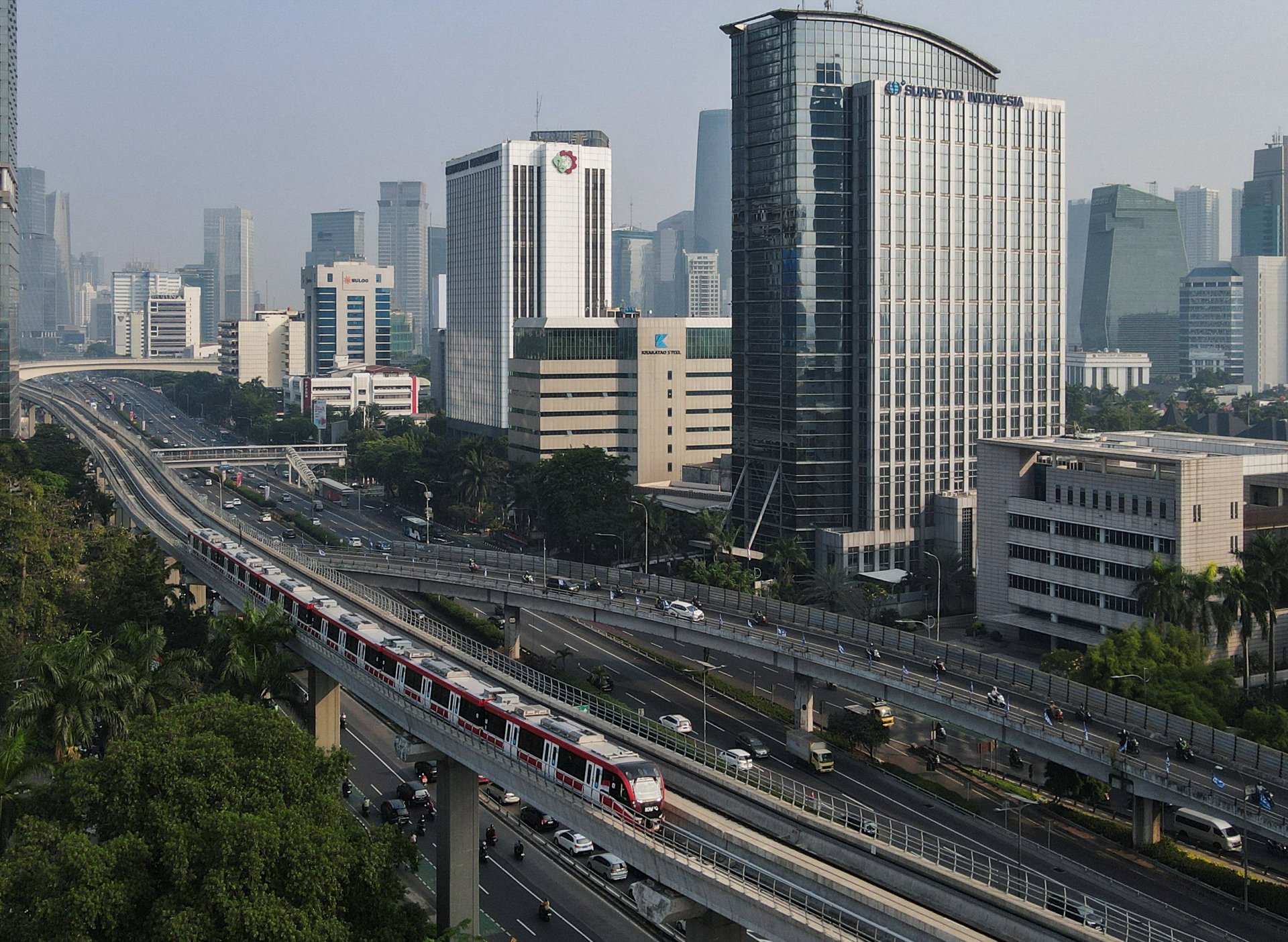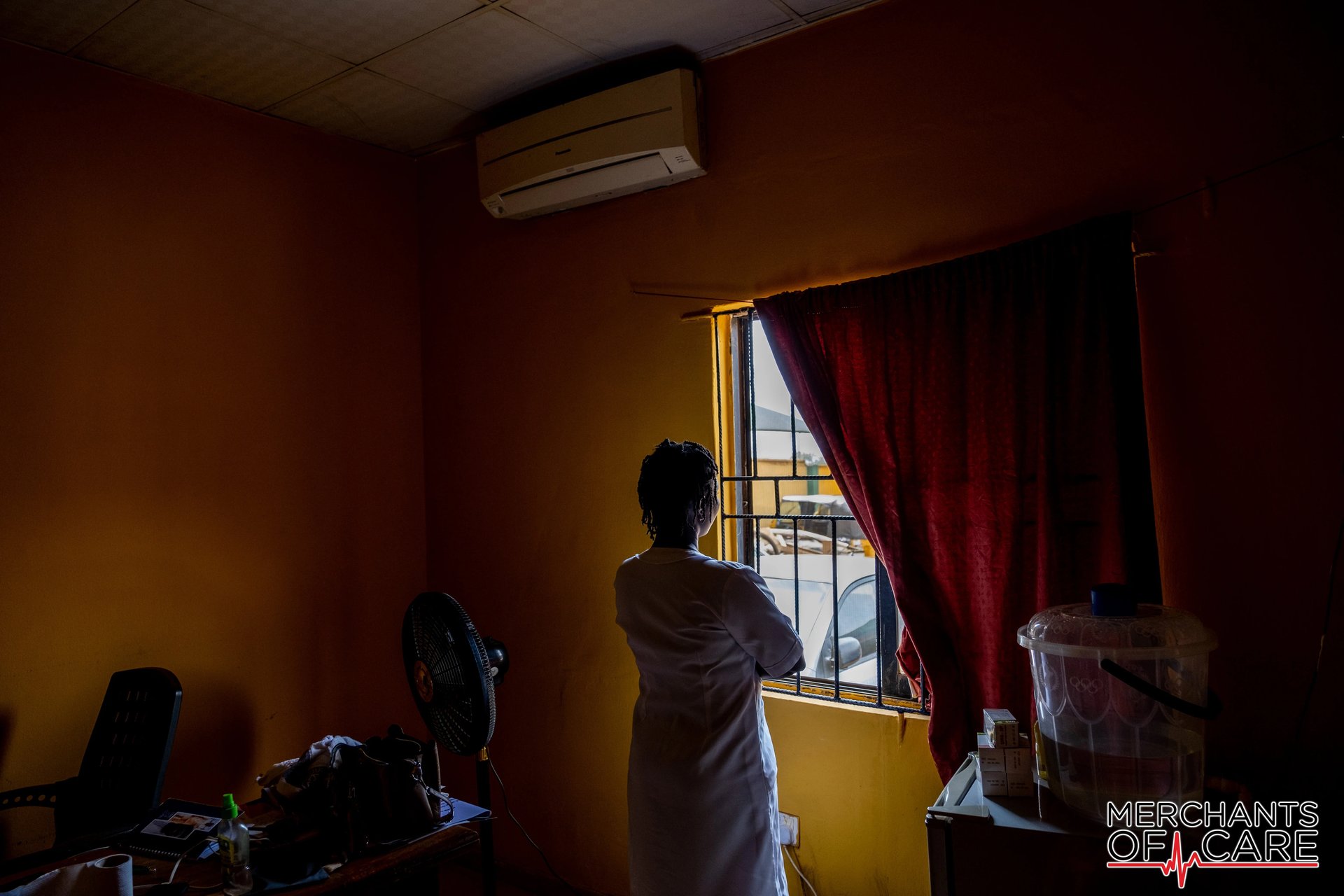🌏 Indonesia is on track
Plus: Hello El Niño, my old friend.

Good morning, Quartz readers!
Suggested Reading
Here’s what you need to know
Indonesia is getting Southeast Asia’s first high-speed railway. The project, part of China’s Belt and Road initiative, will decrease travel time from the country’s capital to another major city to 40 minutes (it currently takes three hours).
Related Content
Prime minister Rishi Sunak faced a triple challenge at the governing Conservative Party’s annual conference yesterday. The UK leader’s to-do list includes improving opinion polls, fending off rivals, and drumming up public support—and he’s hoping a little populism will do the trick.
Government workers in Nigeria got a wage increase. The hike is an olive branch for labor unions in the country, who are threatening to strike in protest of economic hardships.
Drought is limiting the number of ships that can pass through the Panama Canal. Now only 31 vessels can travel the waterway per day—usually it’s closer to 40.
Yes, climate change is making El Niño more extreme
This year, El Niño—the climate pattern that is characterized by warm surface waters in the central and eastern Pacific ocean—is back, and with a vengeance. There’s a reason for that: Rising global temperatures are setting a hotter baseline for this El Niño, which naturally warms the Earth even more.
How does this year’s event compare to previous ones?
7: El Niño events since 2000
34: Provinces in Indonesia, the majority of which experienced a severe drought in the 2014-16 El Niño season, the last and strongest one since 2000
60 million: People in Southern Africa who were dependent on food aid because of famine during the 2014-16 El Niño season
What would happen if the current El Niño proves to be even stronger than the last one? Quartz’s Clarisa Diaz looks back across the seven seasons for some clues.
Are rich countries to blame for Nigeria’s medical brain drain?

“My safety means nothing to them. The government is not concerned about me.”—T., a nurse in Nigeria, speaking about the country’s public officials
The pressures within Nigeria’s health system have primed its nurses to leave the country. But as the US and Europe draw healthcare workers from the places that can least afford to lose them, that exodus is increasing the burdens on the nurses left behind and leaving them exhausted, burned out—and looking for a way out, too.
Quartz tells the story of T. and other nurses in Nigeria as part of our series Merchants of Care, published with support from the Pulitzer Center and in partnership with Type Investigations. Read T.’s full story.
Pop quiz: You might know Meta’s new AI assistants
Which of these celebrity personalities *isn’t* an inspiration for Meta’s new AI assistants?
Find the answer here, along with why it doesn’t matter too much whether Meta’s latest AI investment succeeds, as long as it collects data on how people use it.
Surprising discoveries
We can thank earthworms for 140 million tons of food each year. The invertebrates’ contribution to grain harvests are the same as Russia’s.
Scientists made tiny flying robots that use the art of origami to shape shift mid-flight. The solar-powered machines can change from folded to unfolded in about 25 milliseconds.
AI detected more fairy circles around the globe. The ground imprints, which usually occur in arid regions, were found in new locations across 15 countries.
It’s getting too hot in Texas to barbecue... Makers of the Southern staple are struggling to stay afloat as extreme heat and high meat prices smoke them out.
…and to dive deep into lakes. Record-low water levels in the state are revealing hidden caves and the remains of bygone houses from a century ago.
Our best wishes for a productive day. Send any news, comments, the productivity of an earthworm, and the grace of flying origami robots to [email protected]. Reader support makes Quartz available to all—become a member. Today’s Daily Brief was brought to you by Morgan Haefner.